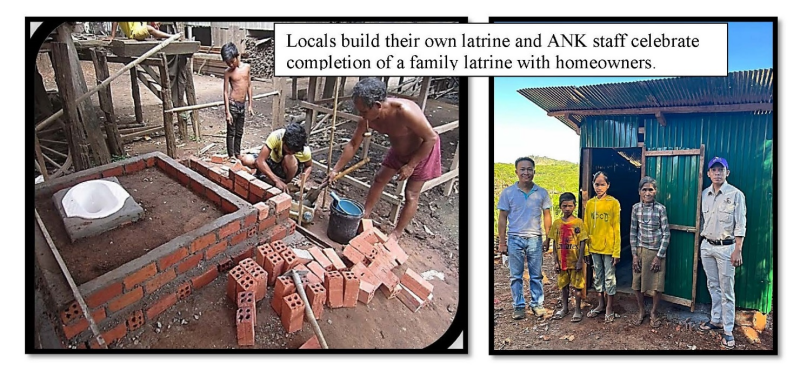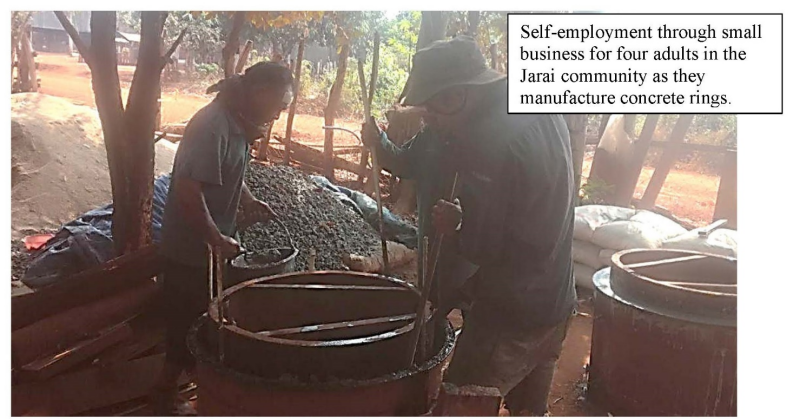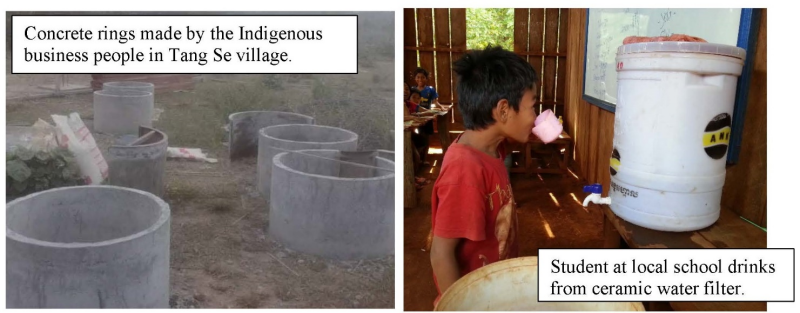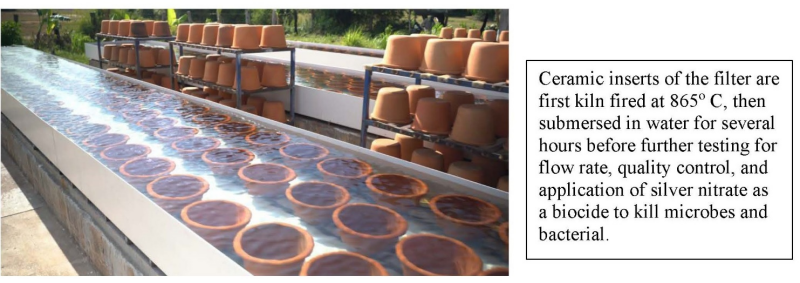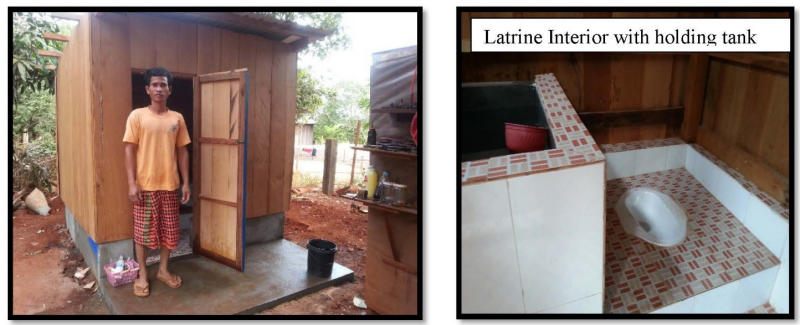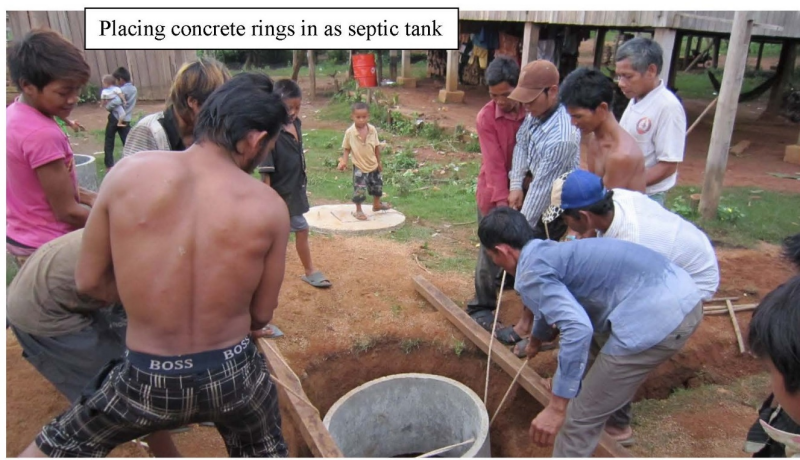Archive
Angkor Resources Expands Community Development with Indigenous Communities, Cambodia
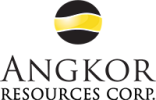 | |||||||||
 |  |  |  | ||||||
GRANDE PRAIRIE, AB - TheNewswire - Jan. 27, 2022 - Angkor Resources Corp. (TSXV:ANK) (OTC:ANKOF) (“Angkor” or “the Company”) reports it advanced the agreement with Jarai Indigenous communities by adding a latrine and water filter project, requested by and for communities on the Andong Meas license.
As part of the agreement, the Jarai locals gain skillset, receive training and education, and are hired as part of the exploration team in the exploration activities. As well, Angkor collaborates with the communities to hear their needs and advance solutions with the stakeholders.
Community projects continue to be undertaken with Angkor and the Indigenous communities collectively across the Andong Meas license. Previously, Angkor participated with the community administrative building and the Company was recently asked to assist with sanitation and clean water initiatives. A joint effort for families to build their own latrines and implement water filters for drinking water is currently underway.
In groups of five, families may request assistance as they build outdoor latrines. Angkor assists with the porcelain toilet, PVC piping, and metal roofing and each family completes their own design, materials, labor, and size of the latrine. Four Jarai villages have asked to participate in the program. Each group of five families in each community complete their latrines before the community identifies the subsequent five families to participate, thereby building supportive teams within each village. Selection of the participating families is left entirely to the Indigenous groups.
Families will use brick for the base, and then choose to use wood, metal, concrete block, or bricks for the side walls. As the majority of homes are one single open room, latrines provide improvements in sanitation and an increase in privacy. Illness and disease are reduced significantly for families that have access to latrines and clean drinking water.
Angkor also assists with small enterprise development in the rural villages, including manufacturing concrete rings for items like the septic tanks of the latrines or culverts for roads. Training for enterprise development within the Indigenous communities is welcomed and pays big dividends in community relations.
Angkor provides water filters to the village schools in the area where the company works so students and staff have access to clean water. The filters will remove ecoli and coliforms at levels as high as 2000 ppm to a safe level of <5 ppm. Each family completing their latrine receives a family water filter as part of the project.
The ceramic filters are made and tested in Cambodia by Resource Development International (RDI), just outside of Phnom Penh, Cambodia’s capital city. The filters are portable, effective, and use local materials of clay and rice husk with a coating of silver nitrate on the inside of the ceramic bowl.
Angkor works with local and international NGOs where they wish to be involved but have no personnel on the ground to facilitate projects, especially in remote areas. Collaborating with multiple organizations using best practices results in maximizing benefits.
Indigenous families and many of the remote villages of Cambodia experience dispute over land title and land security as the issue of the highest priority. Members continue to have strong need for improvement in four main areas:
-
Water sanitation,
-
Education,
-
Health and
-
Economic development solutions.
D Weeks, CEO and previous VP Social Development comments, “These programs are paramount to building a foundation for improved health and welfare, but just as importantly, they reflect how Angkor has chosen to do business. This is an integral component to making healthier communities, happier people, and ultimately, successful projects.”
Angkor’s social programs over the past 12 years have focused on community development addressing those four areas and have been designed based on the needs assessment of each community. Roughly 45% of Cambodia’s 200,000 Indigenous People (IP) are living in Ratanakiri province, where Angkor has held the majority of its projects. The IP make up about 1.3% of the total population of the Kingdom.
ABOUT ANGKOR RESOURCES CORP.
Angkor Resources Corp. is a public company, listed on the TSX-Venture Exchange, and is a leading resource optimizer in Cambodia with multiple licenses in NE quadrant of the country. In 2020, the company received approval and initiated negotiations on Production Sharing Contract (PSC) terms for Block VIII, a 7,300 square kilometre oil and gas license in Cambodia.
CONTACT:
Delayne Weeks, CEO
Telephone: +1 (780) 831-8722
Email: da@angkorgold.ca
Website: http://www.angkorresources.ca or follow us on Twitter @AngkorResources
Neither TSX Venture Exchange nor its Regulation Services Provider (as that term is defined in the policies of the TSX Venture Exchange) accepts responsibility for the adequacy or accuracy of this release.
Certain information set forth in this news release may contain forward-looking statements that involve substantial known and unknown risks and uncertainties. These forward-looking statements are subject to numerous risks and uncertainties, certain of which are beyond the control of the Company, including, but not limited to the potential for gold and/or other minerals at any of the Company’s properties, the prospective nature of any claims comprising the Company’s property interests, the impact of general economic conditions, industry conditions, dependence upon regulatory approvals, uncertainty of sample results, timing and results of future exploration, and the availability of financing. Readers are cautioned that the assumptions used in the preparation of such information, although considered reasonable at the time of preparation, may prove to be imprecise and, as such, undue reliance should not be placed on forward-looking statements.
